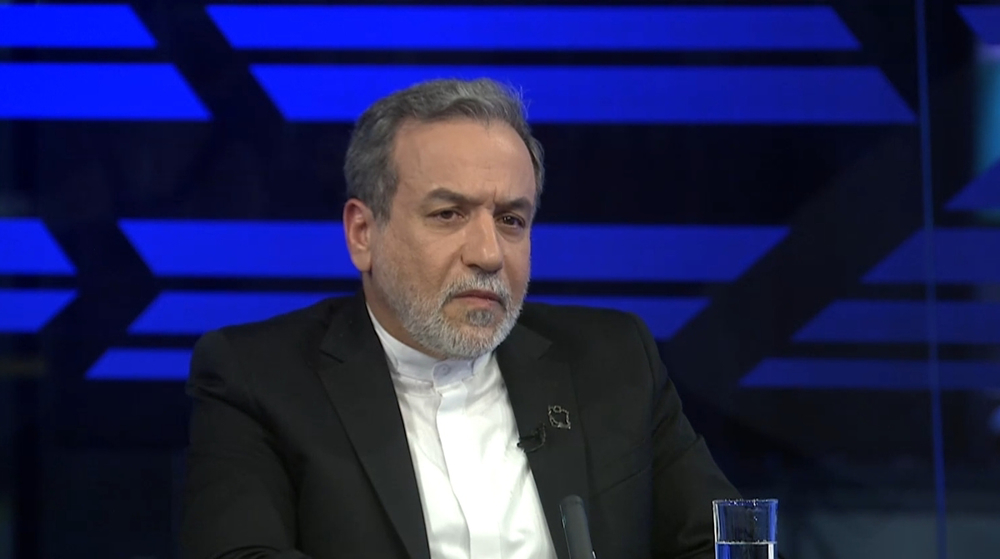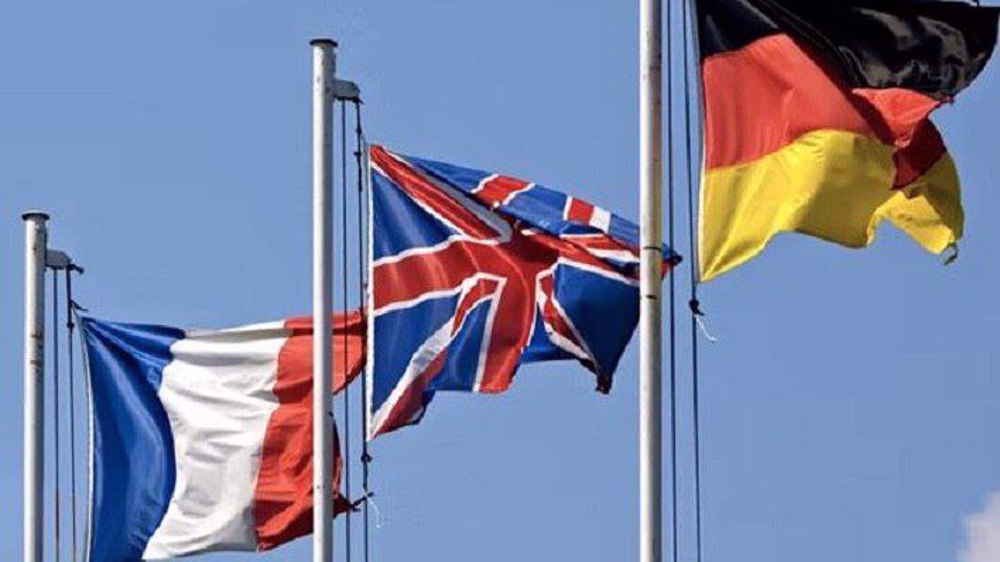Iran nuclear deal must be upheld, not jeopardized: France, Germany tell US
France and Germany have asserted to the United States that a 2015 nuclear deal with Iran, which Washington has quit, must be upheld and not jeopardized.
French Defense Minister Florence Parly and his German counterpart, Ursula von der Leyen, made the remarks to acting US Defense Secretary Mark Esper in Brussels on Thursday, Reuters reported, citing diplomats.
Esper has traveled to the European Union’s capital in his debut foreign trip to rally support among Washington’s allies in the Western military alliance for the US’s approach towards the Islamic Republic.
The US’s other allies also joined the European duo to demand preservation of the accord, which is officially known as the Joint Comprehensive Plan of Action (JCPOA), the diplomats noted.
The deal was made between Iran and the P5+1 group of states -- the US, the UK, France, Russia, and China plus Germany -- in Vienna in July 2015. It lifted nuclear-related sanctions against Iran, which, in turn, limited its nuclear energy program.
Washington, though, left the deal last May. It has returned the sanctions ever since and even begun enforcing new bans against Leader of the Islamic Revolution Ayatollah Seyyed Ali Khamenei and the Islamic Revolution Guards Corps (IRGC), Iran’s elite defense force.
Before landing in Brussels, Esper has said that he wanted to persuade other NATO allies to force Iran to come back to the negotiating table over its nuclear program.
“[We need to] have our allies and partners work with us to get Iran to come back to the negotiating table," Esper said.
The Islamic Republic has underlined that it was never the side to leave the deal, noting that US President Donald Trump’s withdrawal from the nuclear deal signals that he may renege again on any future talks.
France: Don’t bedevil NATO in a Persian Gulf war
The French defense minister also cautioned the US not to involve the NATO alliance in any military mission in the Persian Gulf, after Esper said America wanted its allies to fall in line behind Washington.
"We need to internationalize this issue,” Esper had said before reaching Brussels.
Turkey also told Esper that "dialogue was better than sanctions" in dealing with Iran.

Several other defense ministers, including Germany's, also said they would do everything possible to avoid an escalation.

Esper reportedly told the allies that although the US held Iran responsible for attacks earlier this month on two tankers in the Sea of Oman, Washington did not want tensions with Tehran to escalate.
"His first words were: We don't want to go to war with Iran," one diplomat said.
He, however, also said the US “could not tolerate any further incidents,” another diplomat was cited as saying.
“This is about the limit [of what the United States will tolerate from Iran], that nothing more should happen now," the diplomat noted.
Earlier this month, the Japanese-owned Kokuka Courageous and Norwegian-owned Front Altair oil tankers were struck by explosions near the strategic Strait of Hormuz. Japan’s government said both vessels were carrying “Japanese-related” cargo.
Tehran has roundly rejected any role in the attacks, which it called suspicious, asking how could have the country possibly benefited from such an attack while Japan’s Prime Minister Shinzo Abe was in the Islamic Republic on a historic visit.
The incident was followed by another incident last Thursday, when IRGC downed a trespassing American spy drone.
The Iranian forces had warned the aircraft, an RQ-4 Global Hawk, several times before being forced to bring it down over the southern province of Hormozgan.
US officials have tried to spurn numerous instances of evidence Iran has presented showing that the aircraft was some seven kilometers (4 miles) inside the Iranian territory when it was brought down.
Washington claims that the drone shot down by Iran was flying over international waters and had not violated the Iranian airspace. However, the GPS coordinates released by Iran put the drone eight miles off the country’s coast, inside the 12 nautical miles from the shore, which is Iran's territorial waters.
Hamas thanks Iran, Resistance Front following achievement of ceasefire in Gaza
'Capitulation': Israeli officials and media concede Gaza defeat as truce unfolds
'Gaza has won': Social media users react to ceasefire with mix of relief, joy
Iran seeks South Korea’s assistance for AI, fiber-optic projects
VIDEO | Iran's 'Eqtedar' (Power) maneuver
Israel hits HTS military target in Syria for 1st time since fall of Assad
VIDEO | Press TV's news headlines
Israel has slaughtered 13,000 students in Gaza, West Bank













 This makes it easy to access the Press TV website
This makes it easy to access the Press TV website